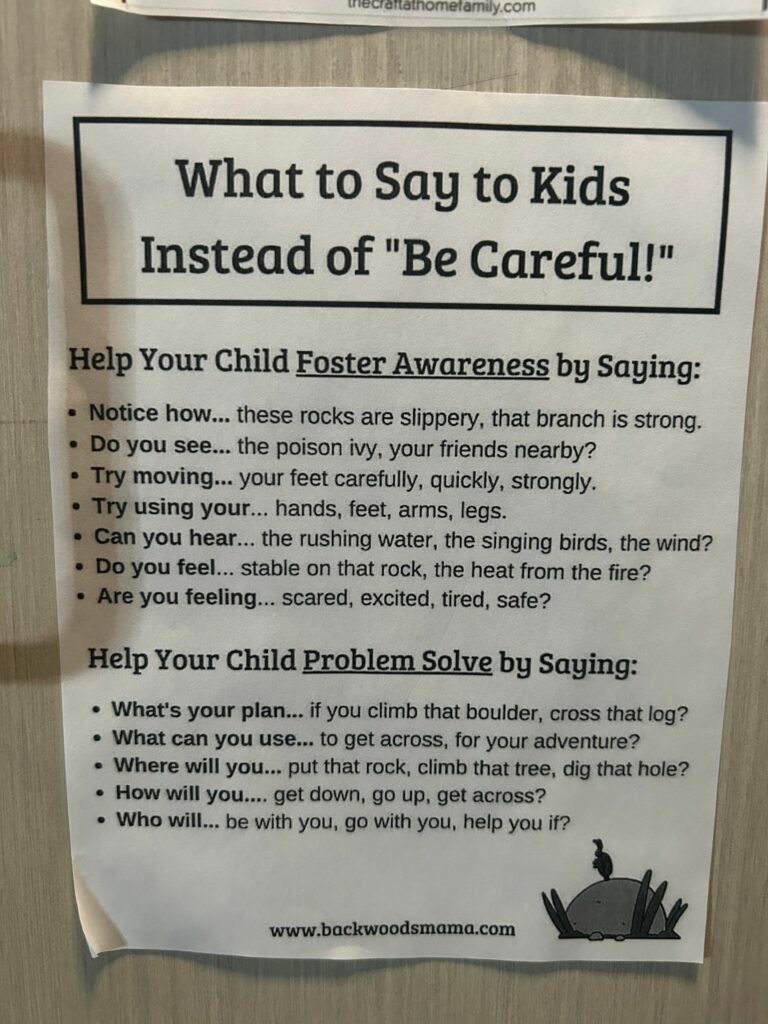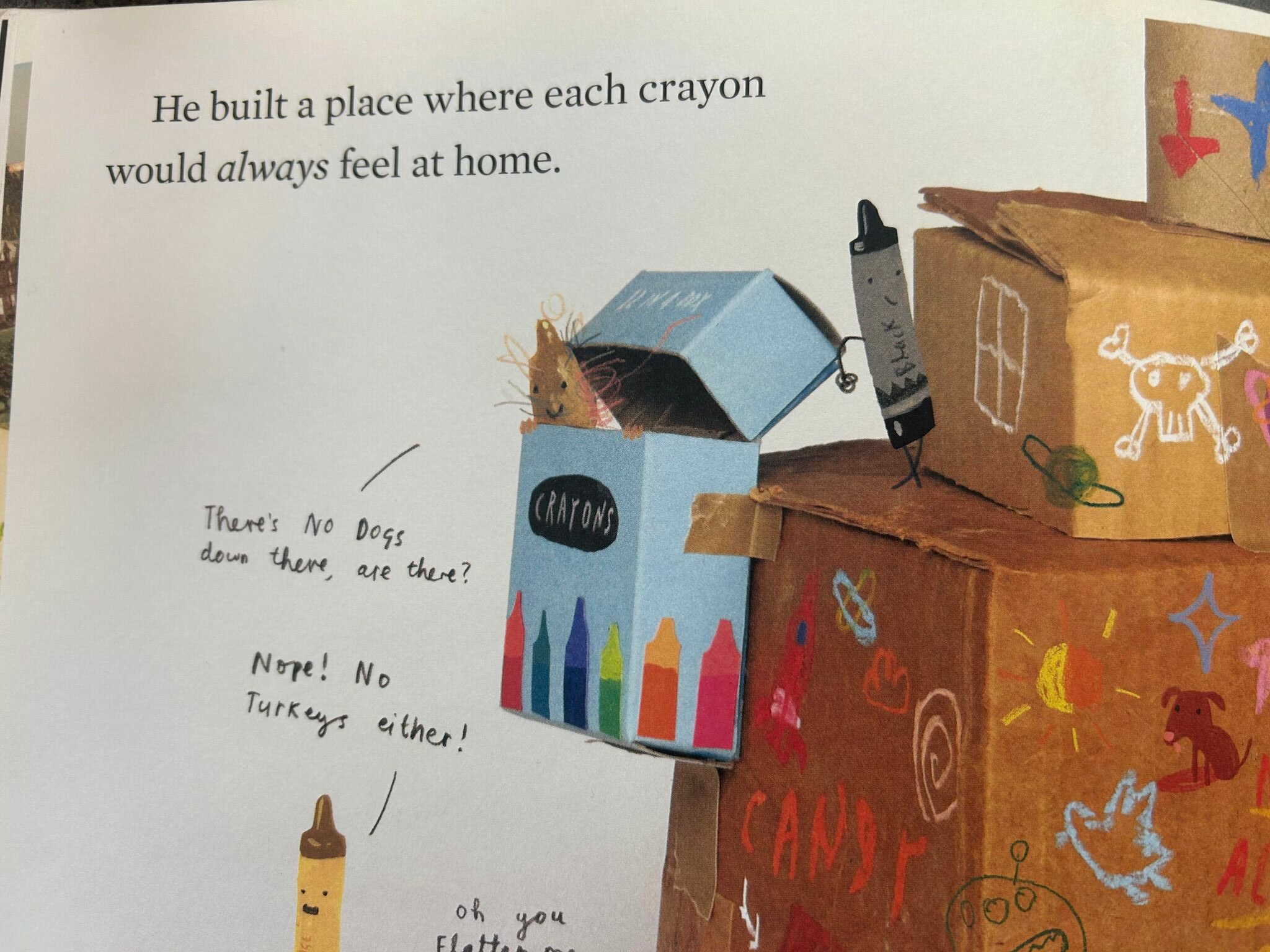Inclusion is founded in the policy of providing all children with adequate and equal access to opportunities and resources. I believe that all children deserve to be supported in their unique journeys. I take time each day to observe the children and meet them where they are daily. Ensuring that I read the room, before making any decisions, or plans for the day. All children deserve a space to use their bodies and minds in ways that value them every day. I create inclusive spaces that allow their bodies to move in ways that benefit them. This ensures that children are successful in a “yes,” space environment. It is my responsibility to create safe, flexible environments for all children. To provide all children with equal access to opportunities and resources, I continue to educate myself through parental interactions, conversations with colleagues, and research as well as training. I continue to do this by creating positive, healthy, communicative relationships with parents, other caregivers, and support staff. By communicating openly, I ensure everyone is working together in the classroom. I create exciting and inclusive environments. I instill positive self-awareness, and comfort by welcoming all children into my space.
I continue to enrich the lives of children by teaching and modeling compassion, kindness and acceptance. I believe the best way to empower the new generations is by exposing them to differences in positive ways. By demonstrating acceptance in early years, my goal is to create future avocators. I am to instill inclusion in every child that comes through my program. I continue to advocate for inclusive spaces by challenging outdated policies and procedures.
I believe that ECE’s have a duty to be educated to work with special needs children. I believe there is a vast need for educators to understand children with special needs. I believe that we should not allow ECEs to work in the field without being fully qualified, with their full education. This will happen when it is no longer optional to take Special Needs or Infant Toddler Education. When education is optional, then inclusion is optional. In order to make education accessible to all children, all educators need to take their special needs education. Being thoroughly educated, allows me to advocate confidently for the children in my care. This ensures everyone has equal opportunities when cared for by me.
Resources:
- Elkins, A. (n.d.). Creating a yes! environment: Supporting creativity and exploration. Retrieved from https://www.naeyc.org/resources/pubs/tyc/feb2019/supporting-creativity-exploration
- Lansbury, J. (2022, November 22). Yes spaces – what they really are and why they matter. Janet Lansbury – elevating child care.
- Merrick, B. (2022, November 23). Friedrich Froebel. Early Education. https://early-education.org.uk/friedrich-froebel/
- San Francisco State University. Friesen, Amber. Kucskar Mitsch, Maryssa. Du, Karina.(Summer 2022). Advancing Equity and Inclusion in Early Childhood Education.
- Shannon, Crystal. (2021, June 7). “there’s nothing here”: Perspectives from rural parents promoting safe active recreation for children living with autism spectrum disorders. Research in Developmental Disabilities. https://www.sciencedirect.com/science/article/pii/S0891422221001475?via%3Dihub
- Suzanne Carrington.TED Talk.(2021). The truth about special education. YouTube. Retrieved January 22, 2024, from https://youtu.be/ygLVswDBCjU?si=DQoKgRkO3J-Q6-bX



Leave a Reply